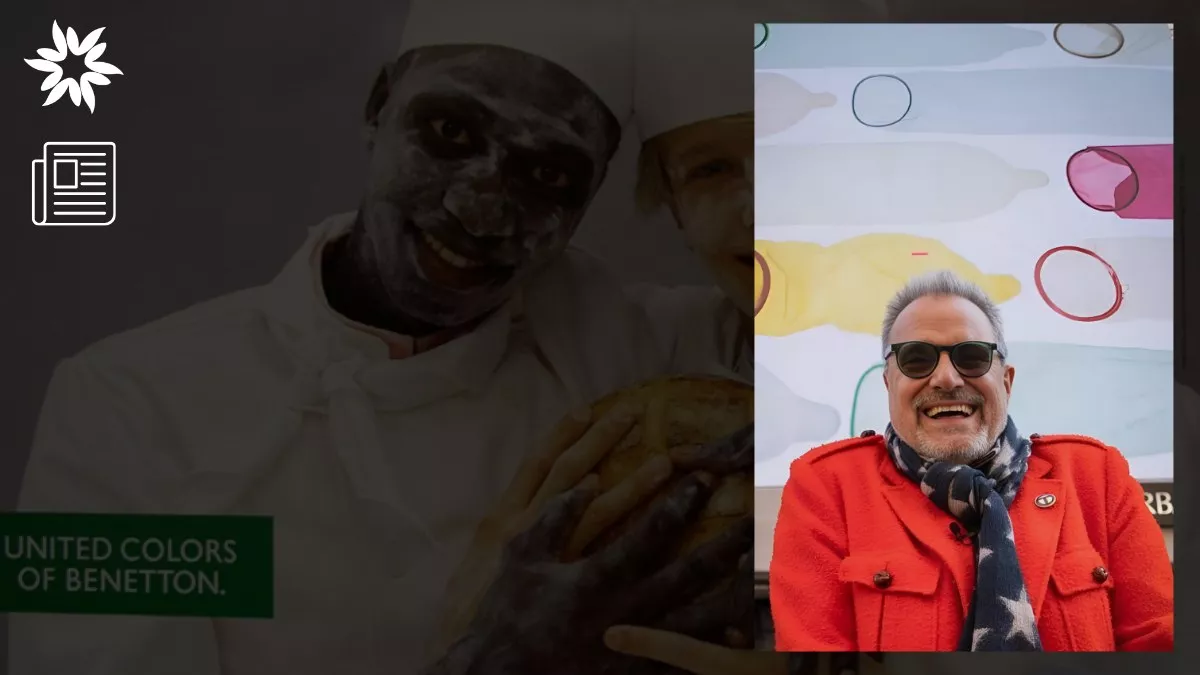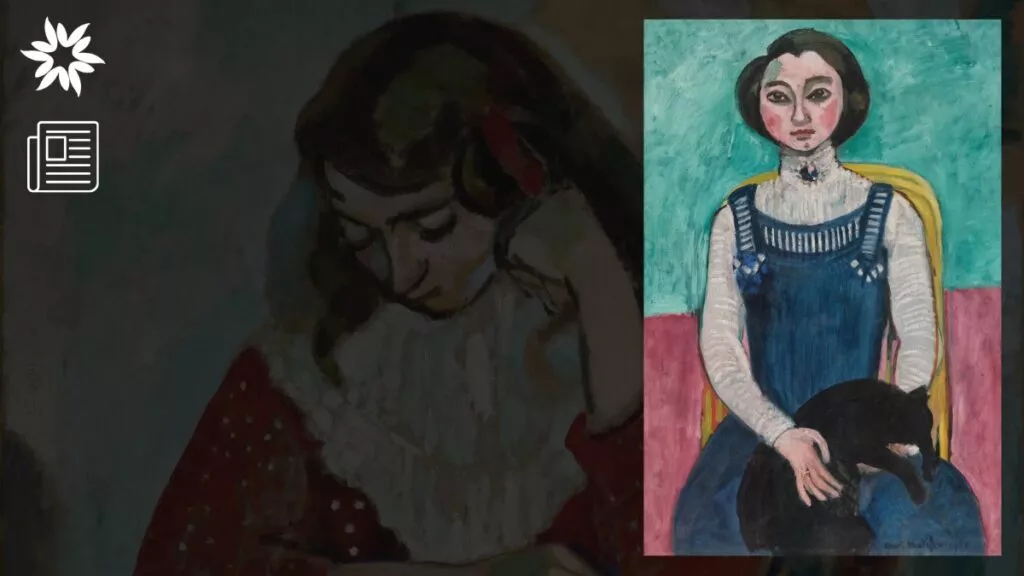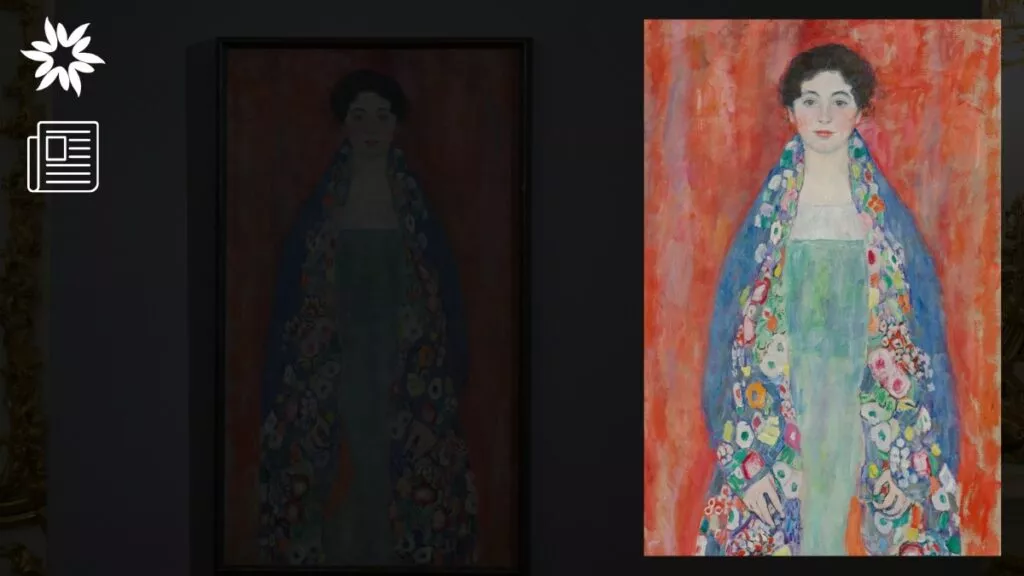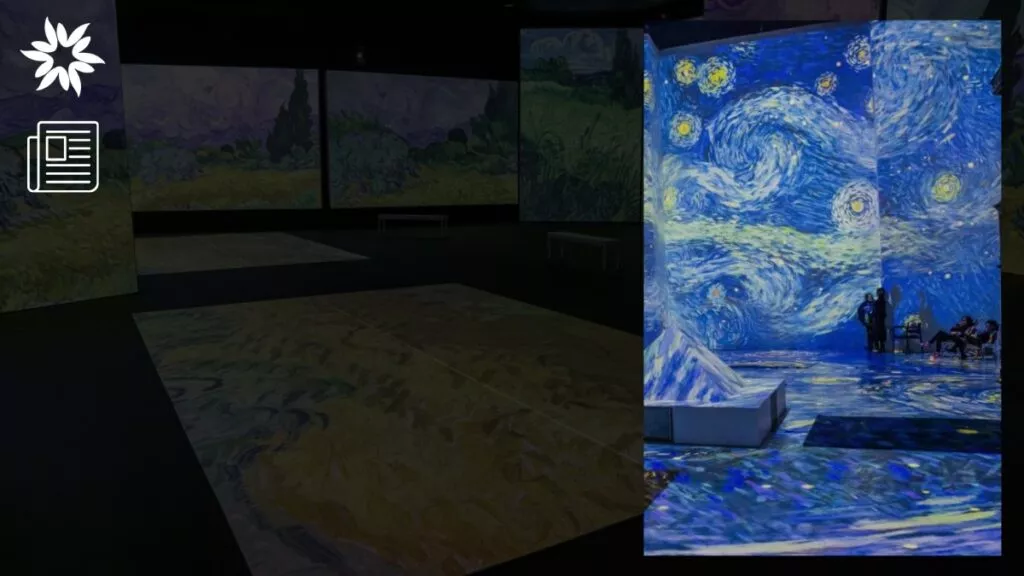Oliviero Toscani, the Italian photographer known for his bold Benetton ads, passed away on January 13, 2025, at the age of 82.
His family, including his wife Kirsti and their children Rocco, Lola, and Ali, shared the news in a statement, asking for privacy during this hard time.
Key Takeaways
- Toscani made advertising about important issues like racism and AIDS with bold and sometimes shocking campaigns for Benetton.
- For over 60 years, Toscani worked in fashion, art, and activism, using powerful images to challenge people's thinking.
- Toscani fought a rare disease called amyloidosis but kept inspiring people through his art and message.
The Life and Work of Oliviero Toscani
On January 13, 2025, Oliviero Toscani, one of the most daring photographers of our time, passed away at the age of 82.
His family shared the news, saying, “It is with great sorrow that we announce the news that today, 13 January 2025, our beloved Oliviero has embarked on his next journey.”
Toscani, born on February 28, 1942, in Milan, followed in his father’s footsteps and pursued a career in photography.
He studied in Zurich and later worked with top magazines like Vogue, Elle, and Harper’s Bazaar.
While his early career focused on fashion, his work truly stood out when he began using photography to address social issues.
His campaigns for Benetton in the 1980s and 1990s sold a ton of clothes but also pushed boundaries, sparking debates on topics like AIDS, racism, and capital punishment.
Using Advertising to Challenge Society
When Toscani became the creative director for Benetton, he turned advertising into a tool for activism.
Instead of showing models wearing clothes, his campaigns often displayed powerful, shocking images.
One of his most famous works showed a dying AIDS patient in a pose similar to religious art.
Another depicted three identical human hearts labeled “black,” “white,” and “yellow” to promote equality.
During an interview, Toscani explained his philosophy: “I exploit clothing to raise social issues.”
Critics sometimes accused him of going too far, but Toscani remained firm.
“Traditional advertising says if you buy a certain product, you will be beautiful, sexually powerful, successful. All that bullshit doesn’t really exist,” he once said.
The Death Row Campaign and Departure from Benetton
In 2000, Toscani created one of his most controversial campaigns.
He and journalist Ken Shulman interviewed and photographed 26 U.S. death row inmates.
The campaign, meant to oppose the death penalty, caused a public outcry.
Critics said Toscani was exploiting the prisoners, but others praised his courage.
And unfortunately, the backlash led Toscani to leave Benetton, ending a decades-long partnership.
Facing Illness with Honesty
In 2024, Toscani revealed that he had amyloidosis, a rare and incurable disease.
The illness had caused him to lose 40 kilograms in a year, and he appeared frail in photos.
“I’ve lost 40kg in a year… I don’t know how long I have left to live, but I’m not interested in living like this anyway,” he said in an interview.
He even mentioned considering assisted suicide, saying he thought of contacting Marco Cappato, a right-to-die activist.
But interestingly enough, his openness about his illness reflected the same boldness he showed in his art.
Returning to Benetton and Later Controversies
In 2017, Toscani returned to Benetton at the request of Luciano Benetton, one of the brand’s founders.
His first campaign after returning featured a classroom of multicultural children, emphasizing unity and diversity.
But his return was short-lived.
In 2020, Toscani was fired after comments that seemed to downplay the tragedy of the 2018 Morandi Bridge collapse in Genoa, which killed 43 people.
The bridge was operated by a company linked to the Benetton family, so the remarks were especially controversial.
A Legacy of Boldness
Even as debates swirled around his work, Toscani’s influence never waned.
In 2024, Zurich’s Museum für Gestaltung honored him with an exhibition titled Photography and Provocation.
He also published a memoir, I’ve Seen It All: Life and Fortune of a Situationist, in which he shared his vision for a better world.
Throughout his life, Toscani worked with cultural icons like Mick Jagger and Lou Reed, producing unforgettable portraits.
He once captured a model’s back with the slogan, “Those who love me, follow me,” for a Jesus Jeans campaign, and even inspired David Bowie’s song “Black Tie, White Noise” with a photograph of an African boy with mismatched eyes.
Tributes to a Visionary
As news of Toscani’s death spread, many remembered his boldness and creativity.
British photographer Rankin said, “Oliviero was a rockstar in the world of photography. He held a mirror up to society and demanded change. He turned controversy into art and made brands stand for something bigger.”
Marketing expert Paolo Landi praised Toscani’s impact, saying he modernized corporate culture by pushing companies to address social causes.
Toscani’s Razza Umana project, which featured portraits of people from around the world, summed up his view on photography.
“The photo tells a story and reveals what you can’t understand about these people,” Toscani said.
Remembering Oliviero Toscani
Oliviero Toscani’s work went far beyond selling products.
He challenged us to confront difficult truths and imagine a better world.
As Toscani once said, “I want to be remembered not for any one photo but for my whole work, for the commitment.”
His legacy will continue to inspire and provoke for generations to come.








